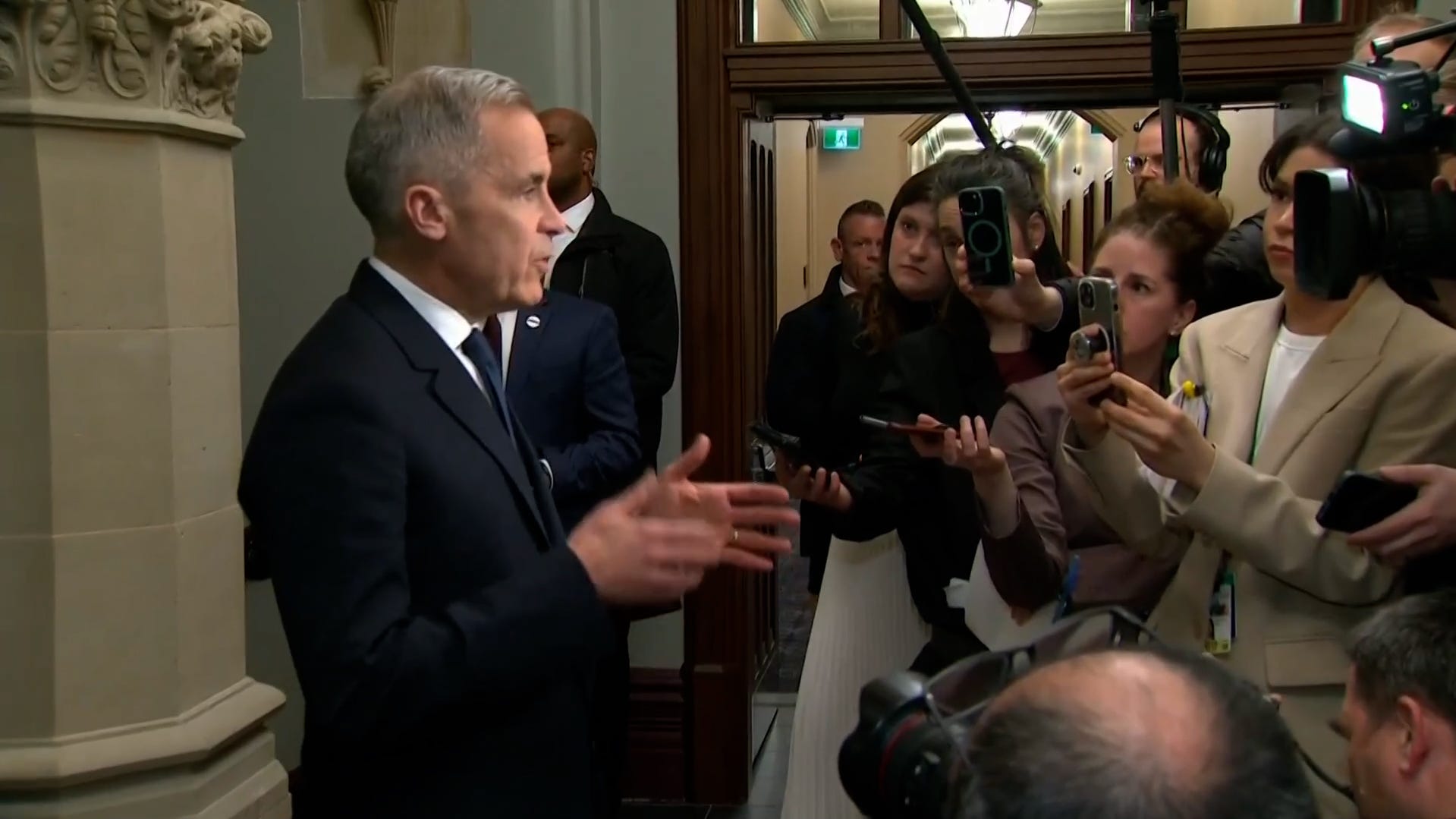
‘Not the act of a friend’: World leaders slam Trump global tariffs
World leaders took aim at Donald Trump’s 10% global tariff plan, saying the ones who will hurt are Americans.
- Kansas issued $121 million in bonds to fund new buildings at Kansas State University, Topeka Correctional Facility and Pittsburg State University.
- In the bond offering, Kansas warned investors that federal funding cuts and trade tariffs could impact the state’s ability to repay the debt.
- The state specifically cited concerns about potential reductions in federal funding for various programs and the negative impact of tariffs on the state’s economy.
As Kansas issues bonds to help build new government buildings, the state is advising investors that federal funding cuts and President Donald Trump’s trade war could affect the ability of the state to pay off the new debts.
The warning of risks comes from an official statement posted publicly on April 3 as part of two series of bonds issued by the Kansas Development Finance Authority to help pay for three new buildings.
“While the impact on the State and its educational institutions of any future federal policies and the potential impact on any related federal funding cannot be determined at this time,” the finance authority warned, “given the importance of federal policies and funding to the State, it’s educational institutions and its economy, changes from time to time in such policies and funding may materially adversely affect the operations and financial condition of the State, including the State’s educational institutions.”
The bonds, totaling about $121 million in principal, will be used to help pay for the following:
- A Kansas State University project on its Salina campus to build the Kansas Advanced Immersive Research for Emerging Systems Center, or K-AIRES, at a cost of $45 million.
- A Topeka Correctional Facility project to build a central medical and behavioral health support building at the women’s prison, at a cost of $40.2 million.
- A Kansas Bureau of Investigation project to build a regional crime center and laboratory at Pittsburg State University, at a cost of $42 million.
While the state’s official statement on the bonds was posted April 3, the statement was dated March 27. Between then, Trump escalated his trade war by announcing new global tariffs on April 2.
While Trump claims the tariffs will “make America wealthy again,” Kansas officials had already warned investors that tariffs are a risk to the state’s ability to repay debt.
Under a section on investment considerations, the state disclosed a non-exhaustive list of various risks that “could affect the payment of debt service on the bonds.” The identified risks included federal policy an d funding.
“Federal policies involving taxation, appropriations, borrowing (including the debt ceiling), trade (including tariffs), immigration, climate change, clean energy and other topics can shift, sometimes dramatically, from one presidential administration or Congress to another,” the statement read.
“From time to time, such shifts can result in reductions to the level of federal funding for a variety of policy priorities, including transportation, housing, healthcare, social services and other federally funded programs. Recently, several such policy shifts, including delays in grants and other appropriations, have been proposed or promulgated through presidential executive orders and other official and unofficial actions at the federal level.”
The statement said that federal funding reductions could hurt the state’s operations and financial conditions.
“Similarly, federal government policies regarding trade (including tariffs) may have a material effect, in particular, on the manufacturing and agricultural segments of the State’s economy,” the statement read.
The statement also noted the stop-work orders for K-State’s agricultural research on Feed the Future innovation labs, which was part of the now-defunct U.S. Agency for International Development. It also noted the potential for the University of Kansas to “lose millions of dollars in research funding” due to a plan at the National Institutes of Health to cap indirect cost rates.
The bond statement also advised of other risks, such as natural disasters, severe weather, technological emergencies, pandemics, riots, terrorism and the impact of aquifer depletion on agricultural production. It also noted a risk of the Legislature’s budget not appropriating enough funds to the Kansas Department of Administration to cover debt service.
Jason Alatidd is a Statehouse reporter for The Topeka Capital-Journal. He can be reached by email at jalatidd@gannett.com. Follow him on X @Jason_Alatidd.





